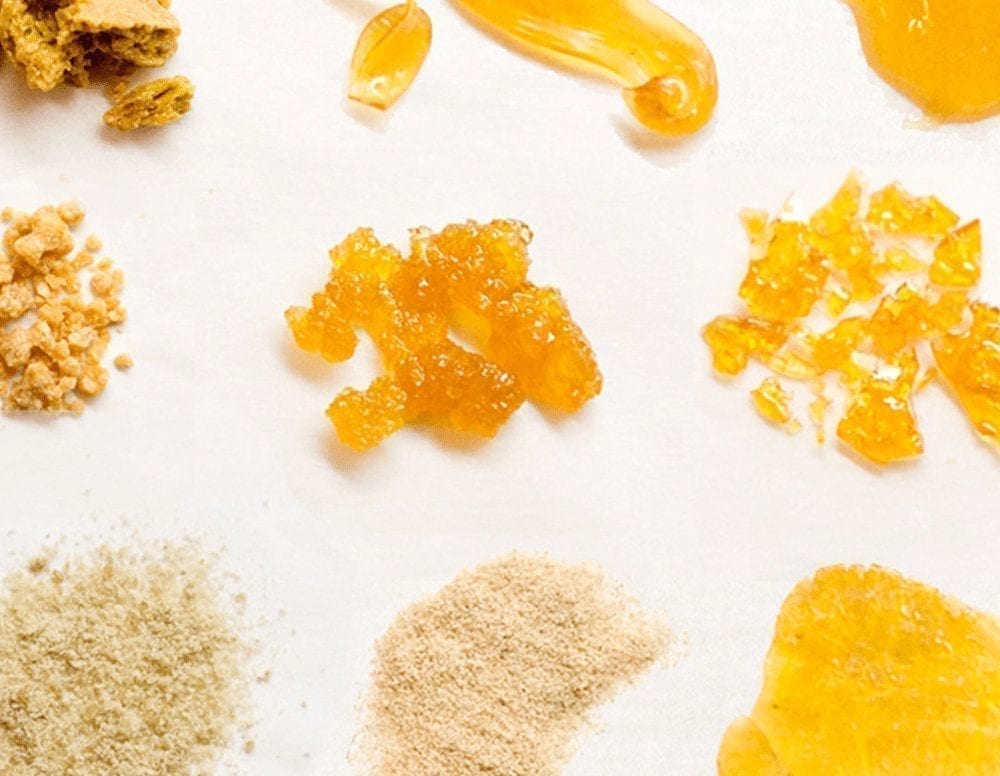Cannabis Science, Extracts, Research
Do Highly Potent Marijuana Concentrates Get Users More High? Not Exactly, Study Finds
By
High-potency marijuana concentrates on today’s legal markets can contain upwards of 90 percent THC, so one might reasonably expect them to pack a greater psychoactive punch than typical flower, which tops out around 30 percent.
But that may not be the case, according to a new study out of the University of Colorado at Boulder.
Researchers found that while THC blood levels spiked after users consumed concentrates, impairment levels didn’t significantly differ from participants who used flower.
“Surprisingly, we found that potency did not track with intoxication levels,” said lead author Cinnamon Bidwell, an assistant professor in CU’s Institute of Cognitive Science. “While we saw striking differences in blood levels between the two groups, they were similarly impaired.”
The study, published Wednesday in JAMA Psychiatry, involved 121 Colorado adults who were regular marijuana consumers. Participants were randomly assigned to consume either relatively low-THC marijuana flower, which ranged from 16-24 percent THC, or higher-potency concentrates, which ranged from 70-90 percent. At various points, researchers tested participants’ blood plasma THC levels, surveyed their mood and subjected them to an array of neurobehavioral tasks meant to test attention, memory, inhibitory control and balance.
Read more from the source: MarijuanaMoment.net


